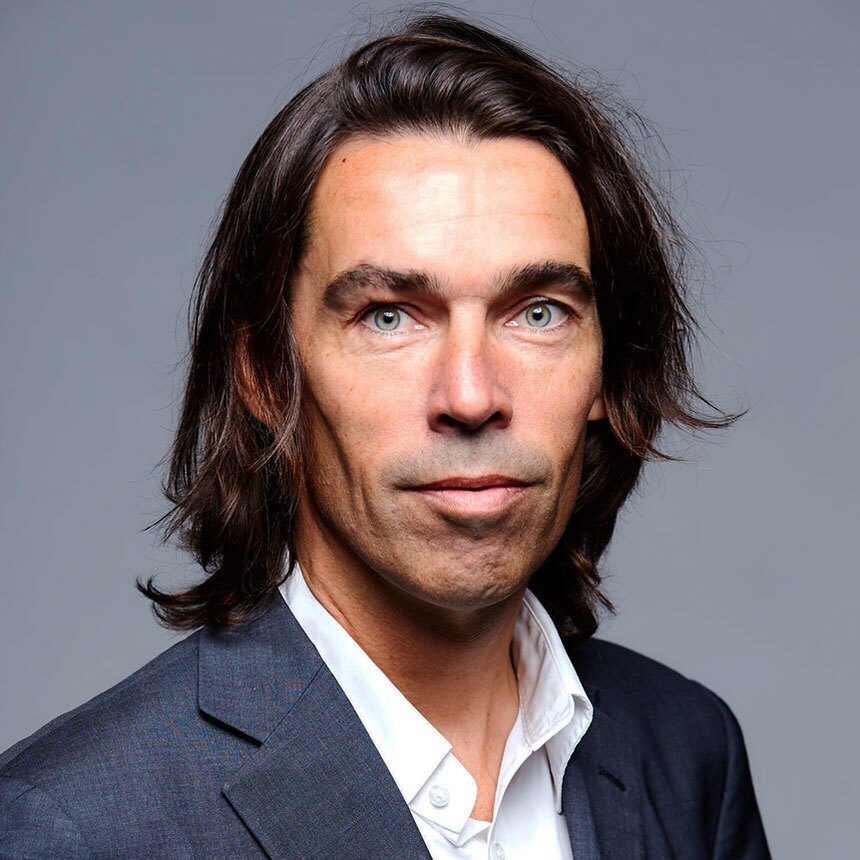MADRID — The state of borrowing for hotel acquisitions, development and renovations is fraught all over the world as global economies continue to struggle with the effects of a pandemic.
In Africa, the situation is even more difficult, as for decades there has been a bias in the greater international banking community that doing business in Africa is risky.
Rather than waiting for the world to right itself and for outside lenders to catch on, hoteliers in Africa are finding their own solutions for financing.
During a panel on Africa at the Atlantic Ocean Hotel Investors’ Summit, hosted in Madrid, hotel investors discussed the vehicles available to get deals done and projects off the ground.
Jean-Louis Ekra, founder of Abidjan, Ivory Coast-based investor Ayipling Morrison Capital, said financial institutions such as the Africa Import Export Bank have initiated vehicles able to lend to African hotel and tourism developments with better terms and more alignment.
“Banks have started to ease construction risk. We saw that risk was so high, it had to be dealt with,” he said.
Ekra added that the Africa Import Export Bank has a form of financing that is specifically meant for tourism industry construction, “which is one financing tool that provides institutional capital more likely to understand operational risk.”
“A vehicle to take risk out of the project after construction is finished, that then can give the investor a loan of 10 to 15 years, the usual timeline. We have found solutions for ourselves, not to wait for the outside world to solve them,” he said.
Hoteliers in Africa are tired of being ignored, panelists said. There are inherent challenges and rewards in a 54-country continent that has faced bias from investors and lenders. While financing projects in South Africa and Morocco is a bit easier, everywhere else on the continent it is much harder.
Ewan Cameron, director of Africa at owner-operator Westmont Hospitality Group, said his firm first entered Africa in 2015. Cameron himself has been working in the continent for a decade or more longer.
“We’re in Africa as the returns are there. With the right team and resources, it is possible to generate the same returns, or we would not be there. We’re not tourists,” he said.
Trevor Ward, managing director of business advisory W Hospitality Group, said Africa’s hotel industry is working hard to disprove the theory that it is easier to do business elsewhere.
Kasada Capital Management Managing Partner and CEO Olivier Granet said it's important to have the combination of a long-term vision and the right funding vehicles in place to be successful in Africa.
The French-Qatari company has French hotel firm Accor as one of its most prominent operator partners and has 15 hotels in sub-Saharan Africa with more than 2,600 rooms.
“You can address the many challenges, and success will start. We try to demonstrate with Kasada you can create a portfolio with a critical size. Our ambition is to have 1 billion euros ($1.08 billion) of assets and to have the stable cash flow you would anywhere in the world,” Granet said.
“Opportunities are there, and we are confident. We know what the challenges are,” he added.
Debt
Ward said Dubai and Paris were the first markets to recover hotel average daily rate since the start of the COVID-19 pandemic and even exceed 2019 numbers. But Abuja, the capital of Nigeria, and Lagos, its principal city, were the first markets to recover both ADR and occupancy.
“We’re world-beaters,” he said.
Granet said such performance is likely to make it easier to secure financing for hotels in those markets.
“Lagos is probably the second city of the world after Dubai to come back to 2019 levels,” he said. “Loans from international institutions and French, Moroccan, South African and pan-African banks are seeing more debt available. It is easier today than it was even two years ago.
“African banks can deliver some very sophisticated capital structures,” he added.
Cameron said young professional Africans are returning to work after studying abroad.
“They’re not coming just for vacations. They are coming back to work as they see the changes and are believing in their countries,” he said.
The goal now is to create an environment that fosters more hotel transactions, which will further drive liquidity, Cameron said.
Over the Door
Ekra said a hotel brand is useful when hotel owners are fishing for loans.
“There are African brands being developed to help provide banks comfort, though,” he said.
Cameron when it comes to brands for its African hotels, his firm’s attitude is “lovers of all, loyal to none.”
“It is a commercial decision, and we put [the brands] under immense pressure,” he said. “It will be mostly franchises, as we do not fully trust management to drive [net operating income].”
Demand for Africa's hotels continues to look promising, Ward said.
“By 2100, Africa will be 40% of the global population. You can’t ignore that,” he said. “Nigeria has a population of approximately 200,000, and between [Ivory Coast] to Nigeria, via Togo and Benin, there are some 500 million people.
“There are more mobile-phone subscribers in sub-Saharan Africa, and most have signed up in the last few years,” Ward added.


